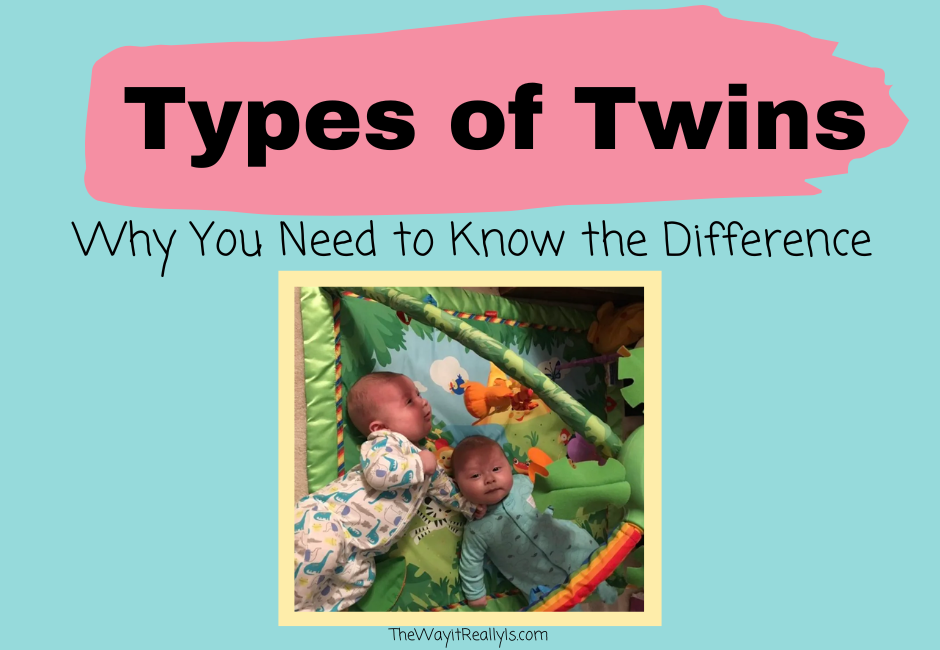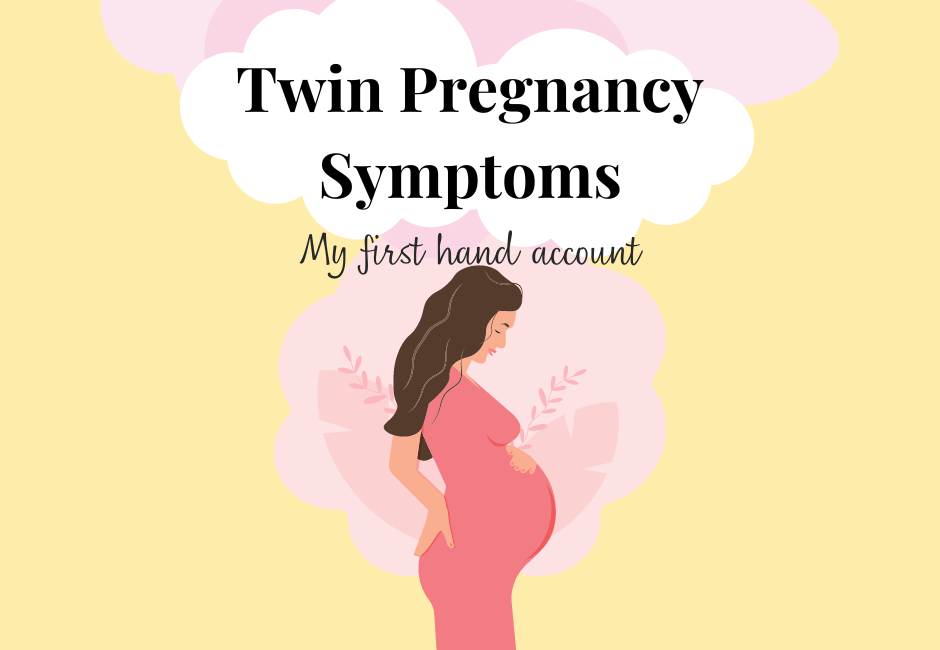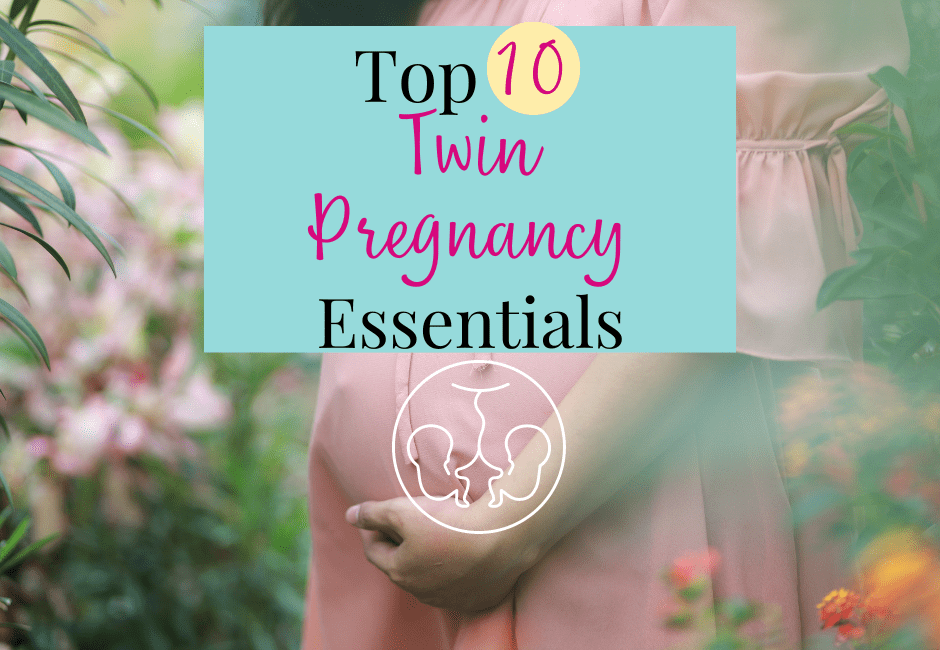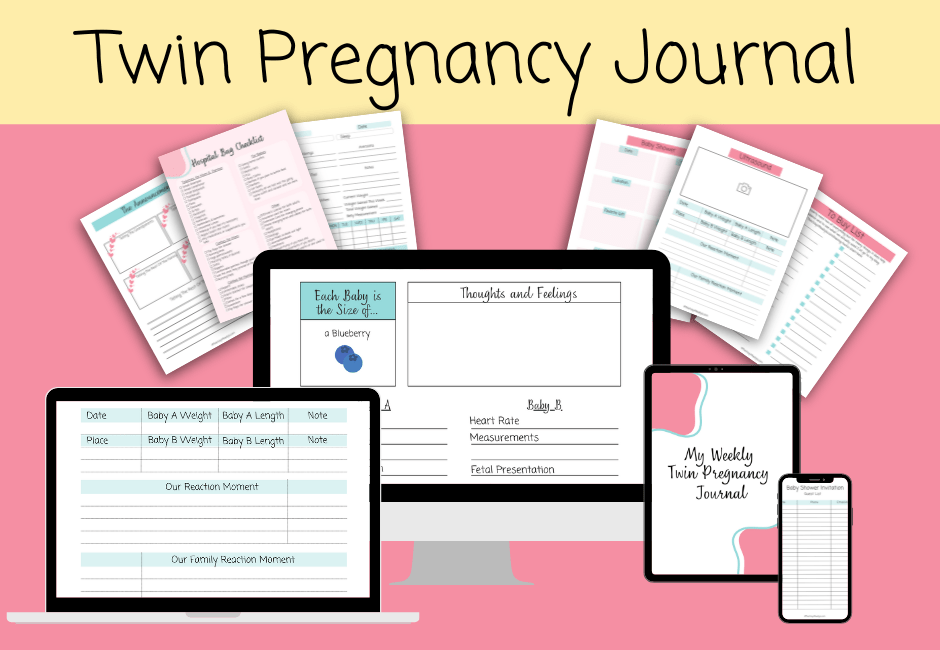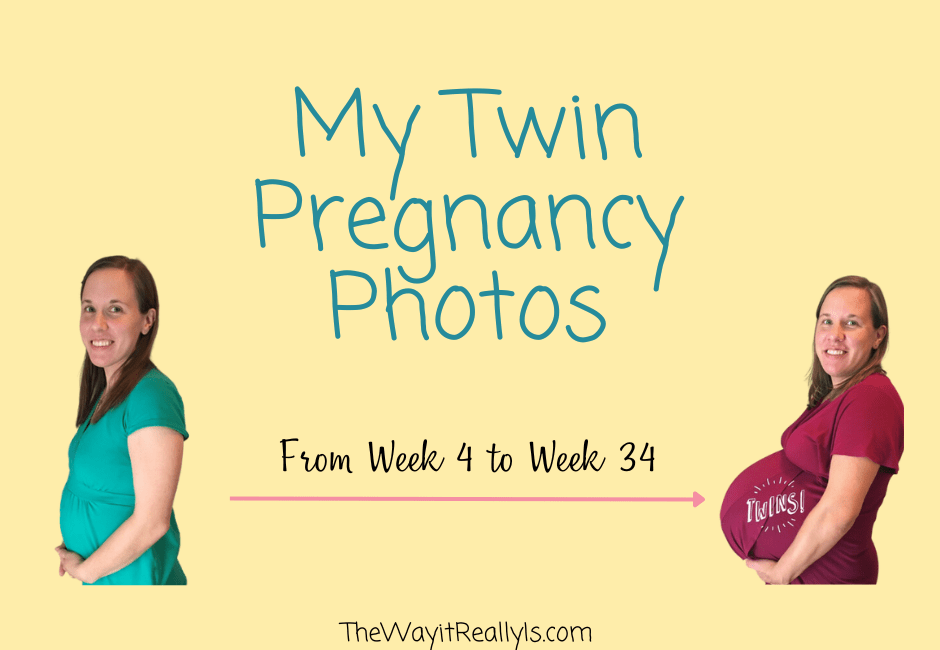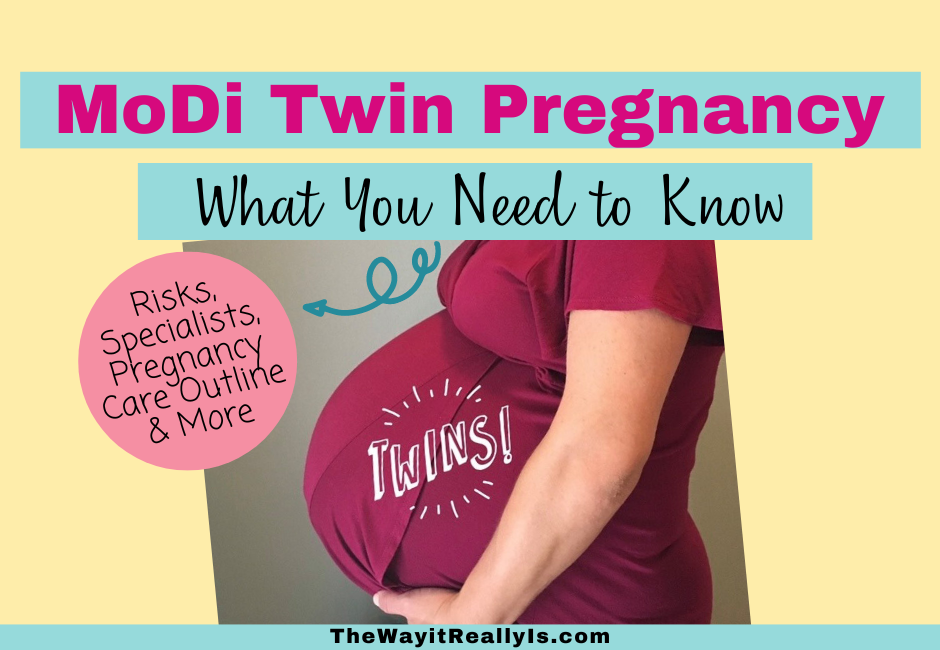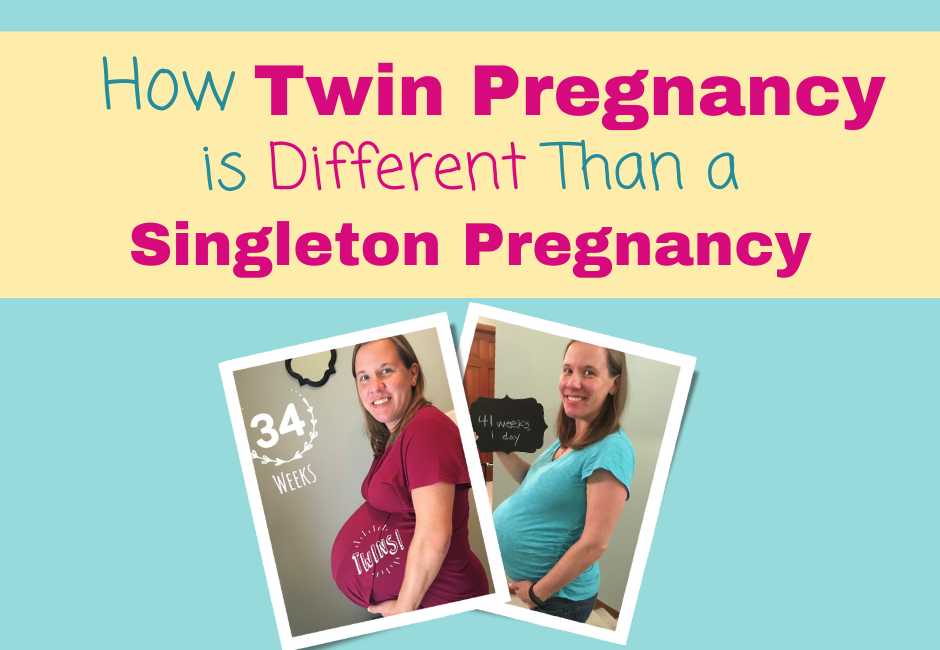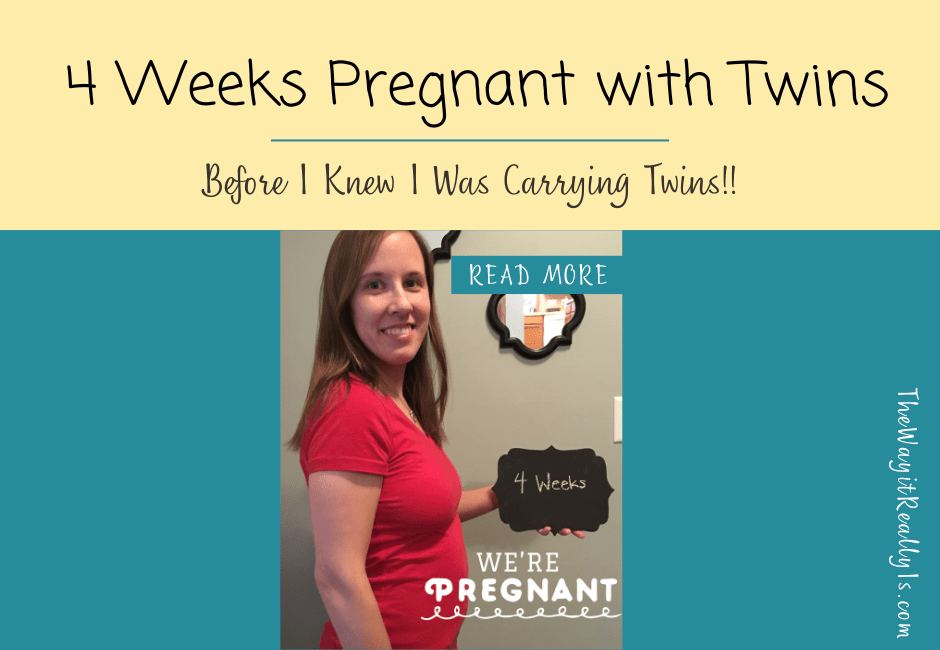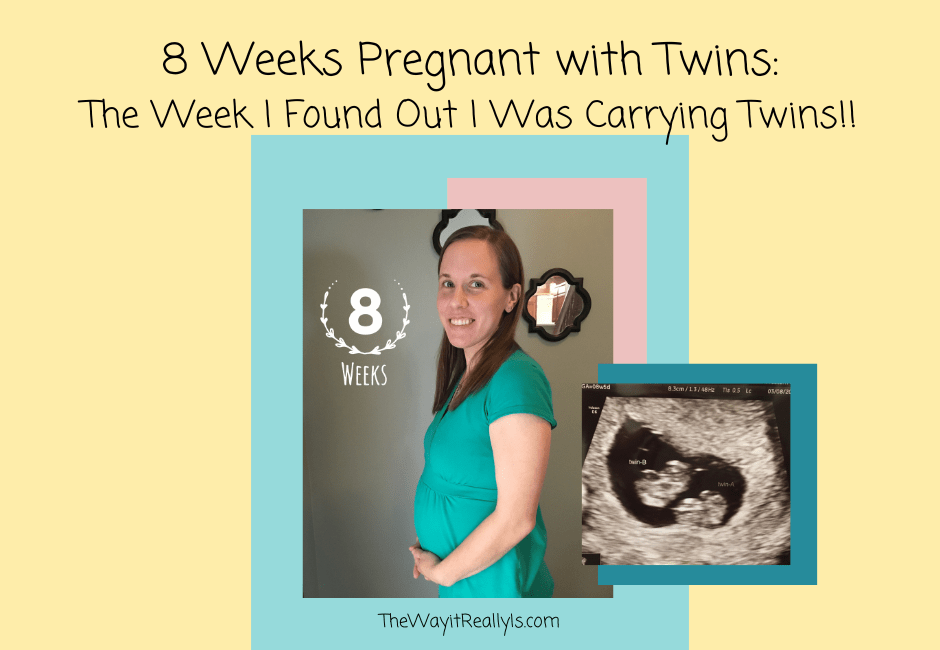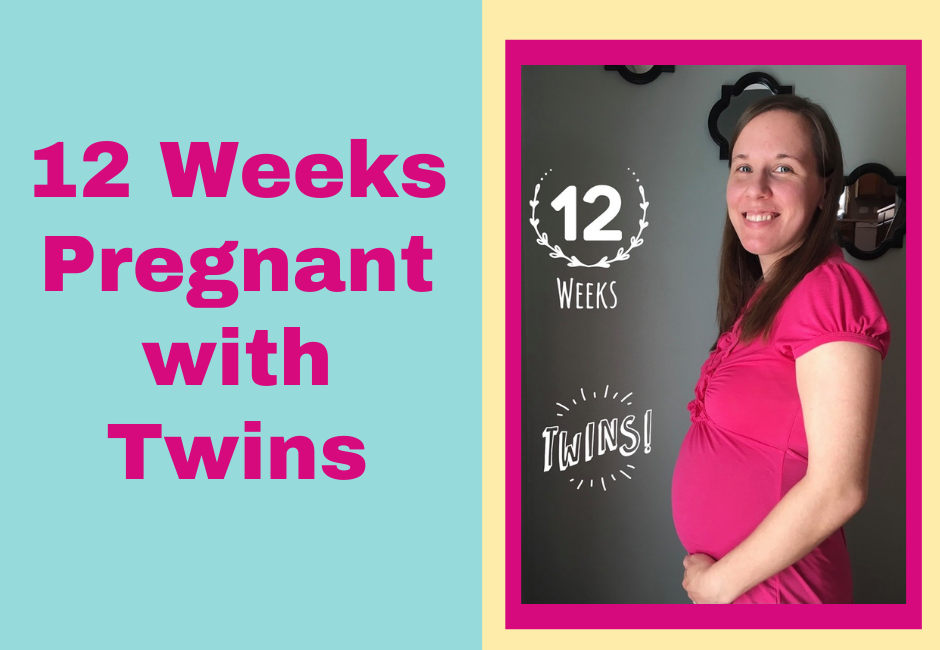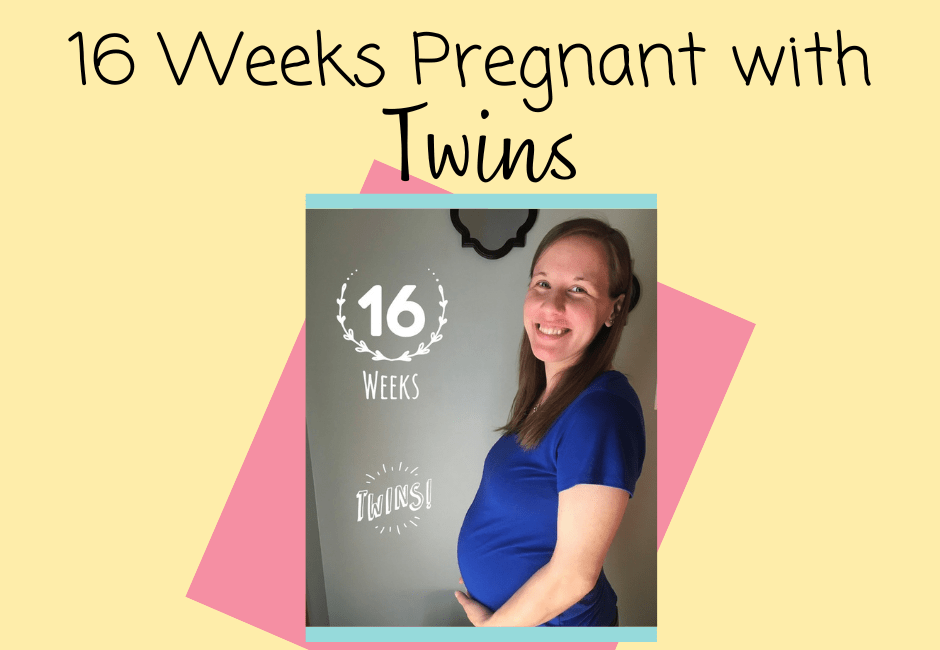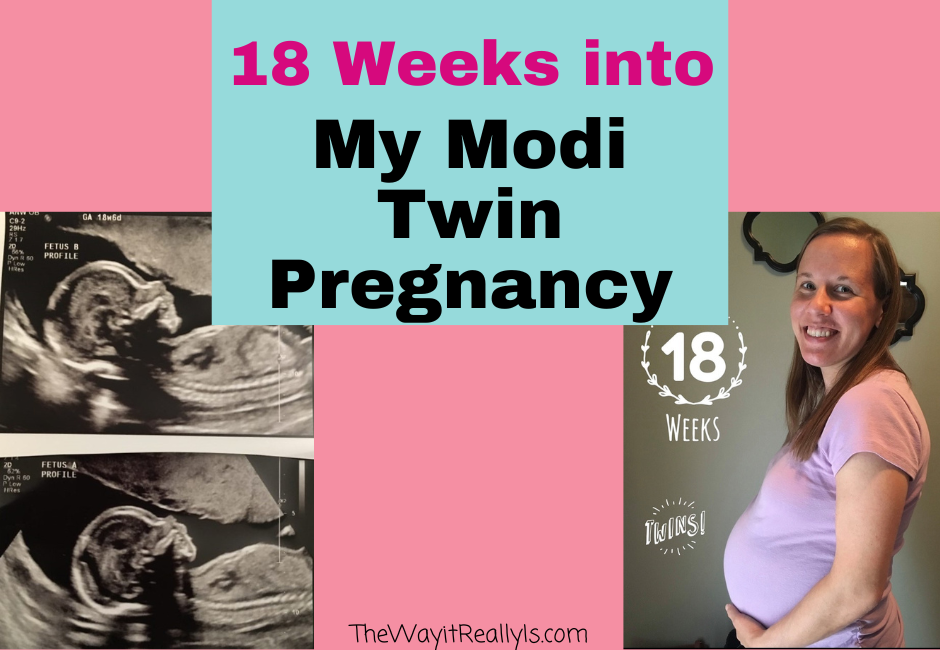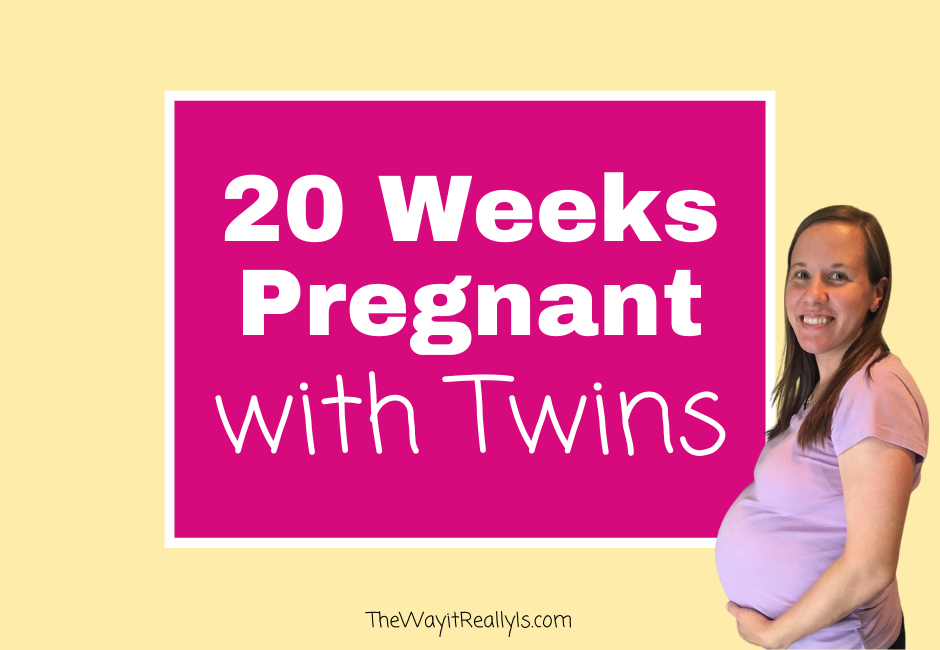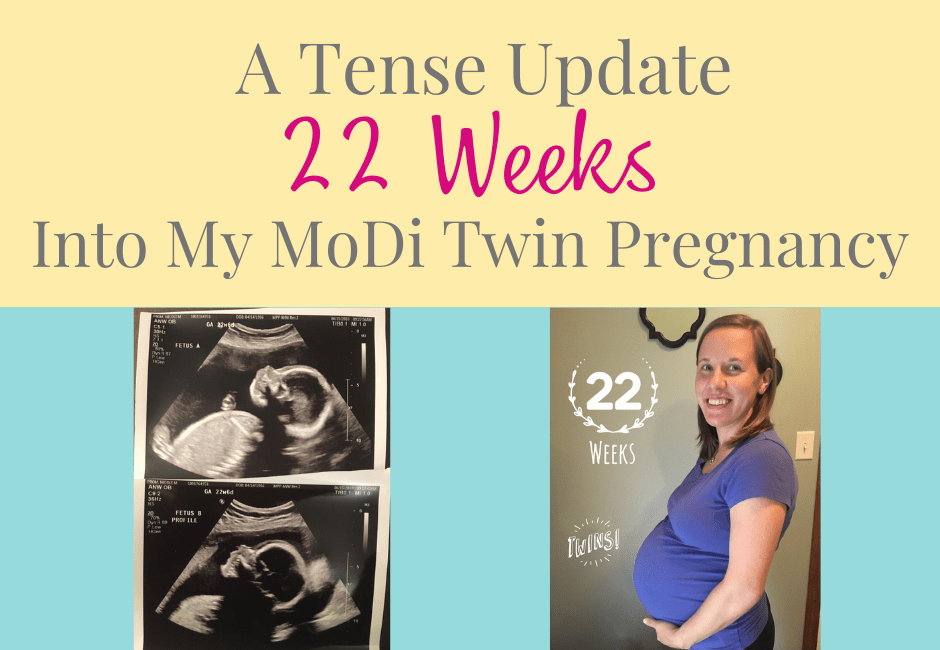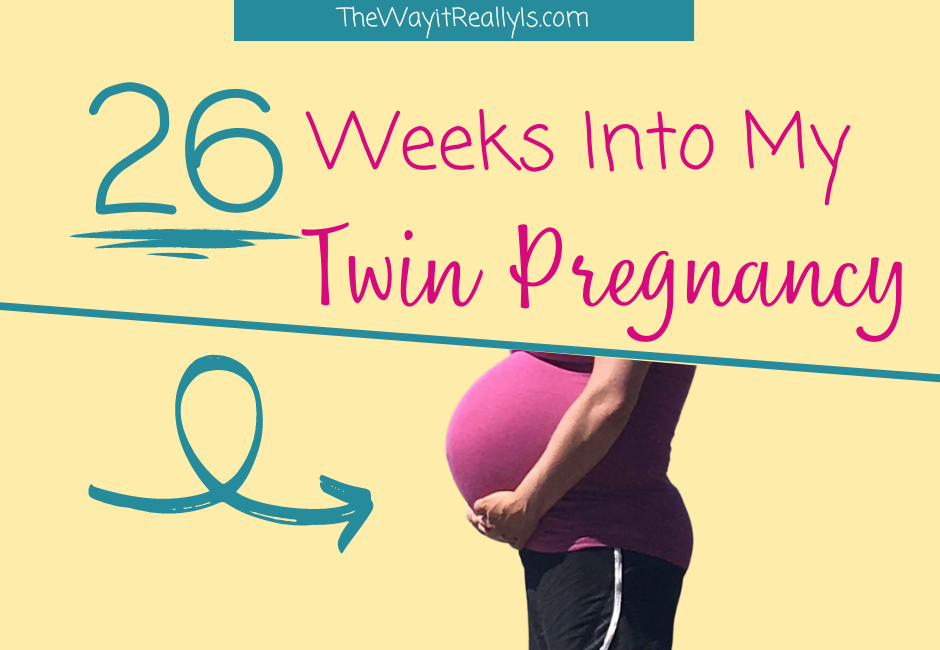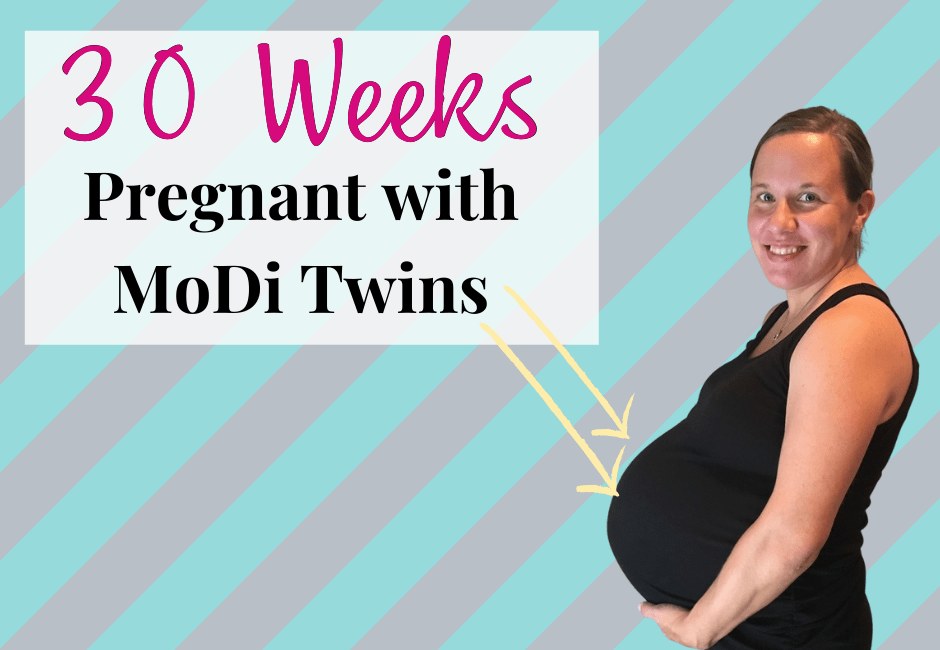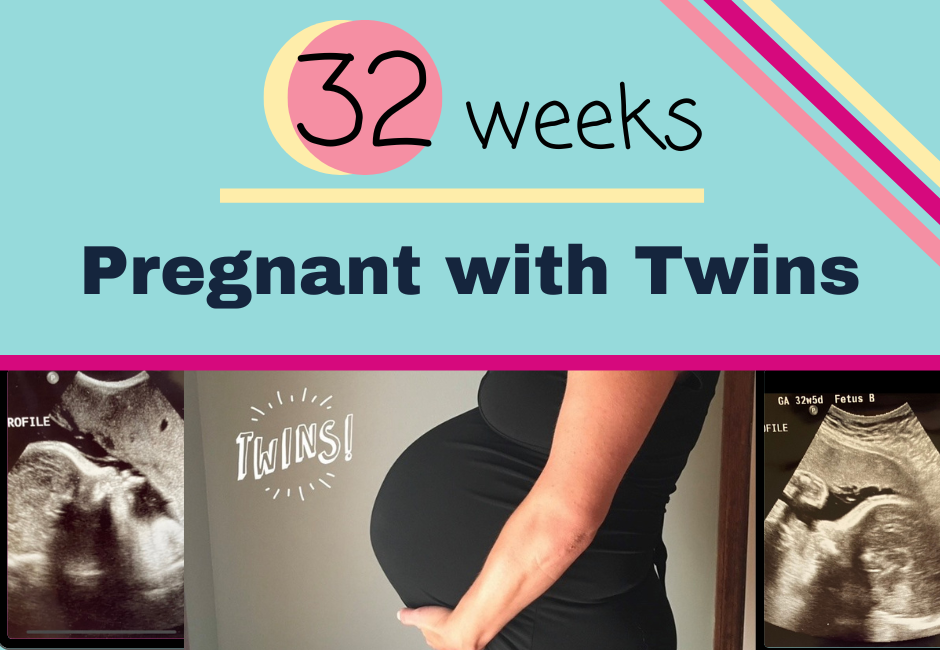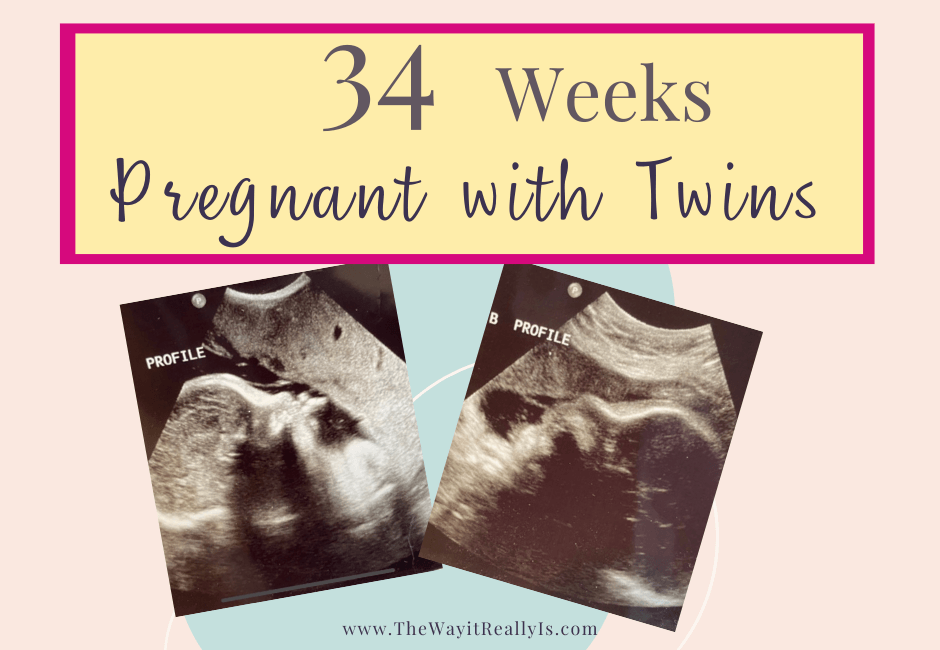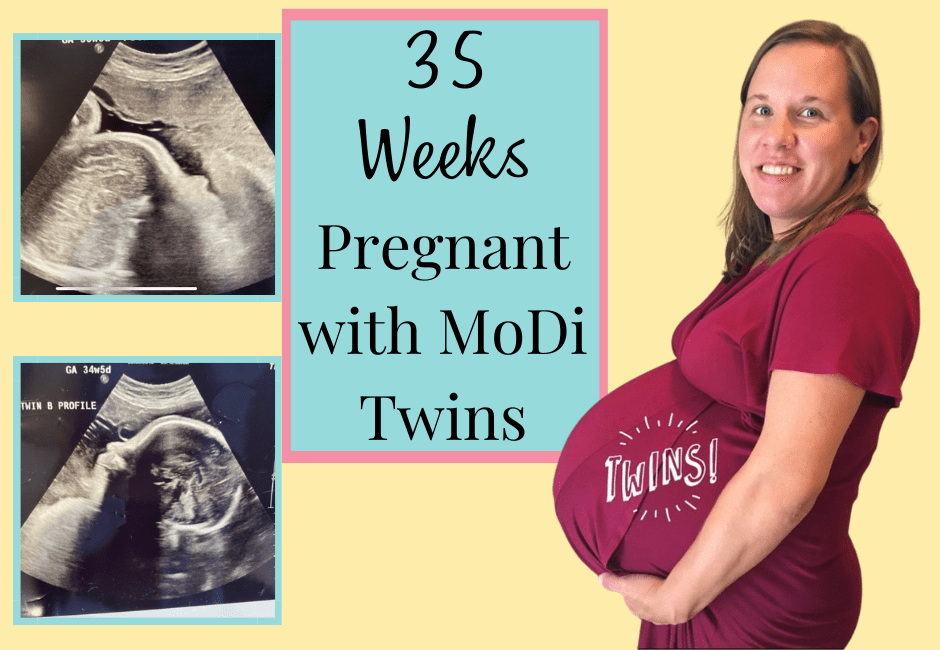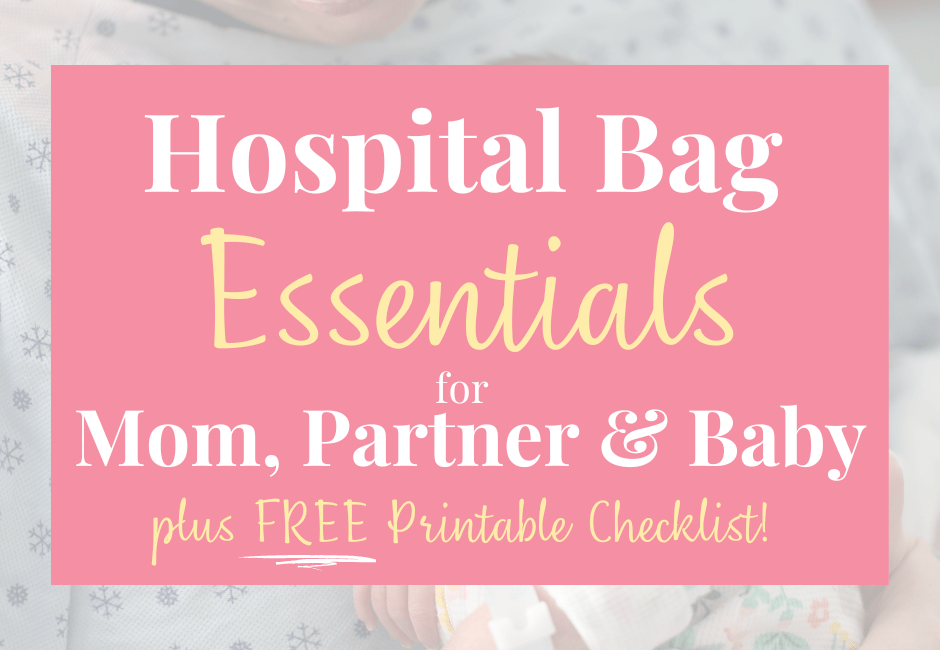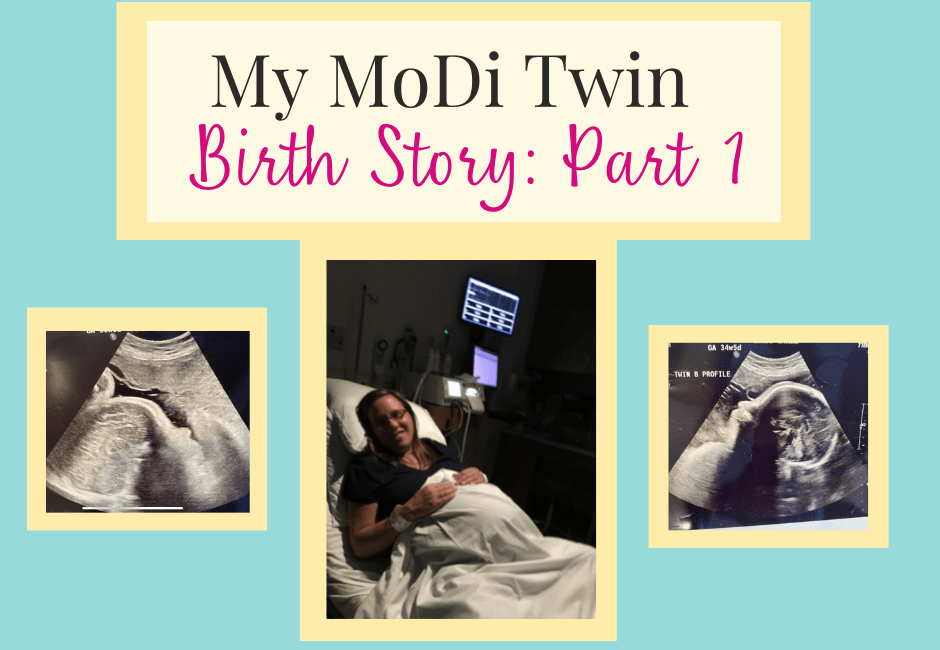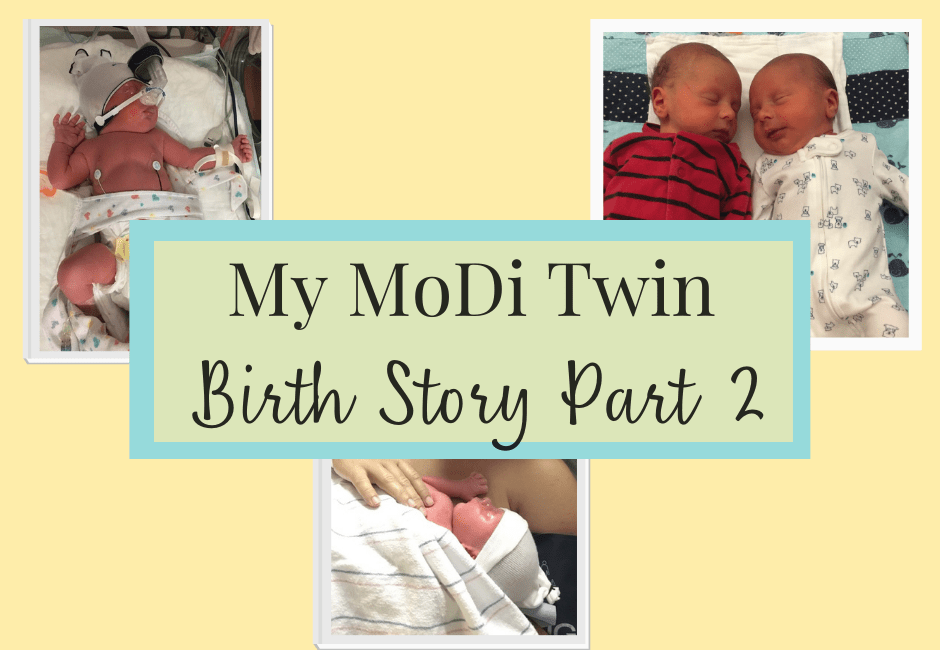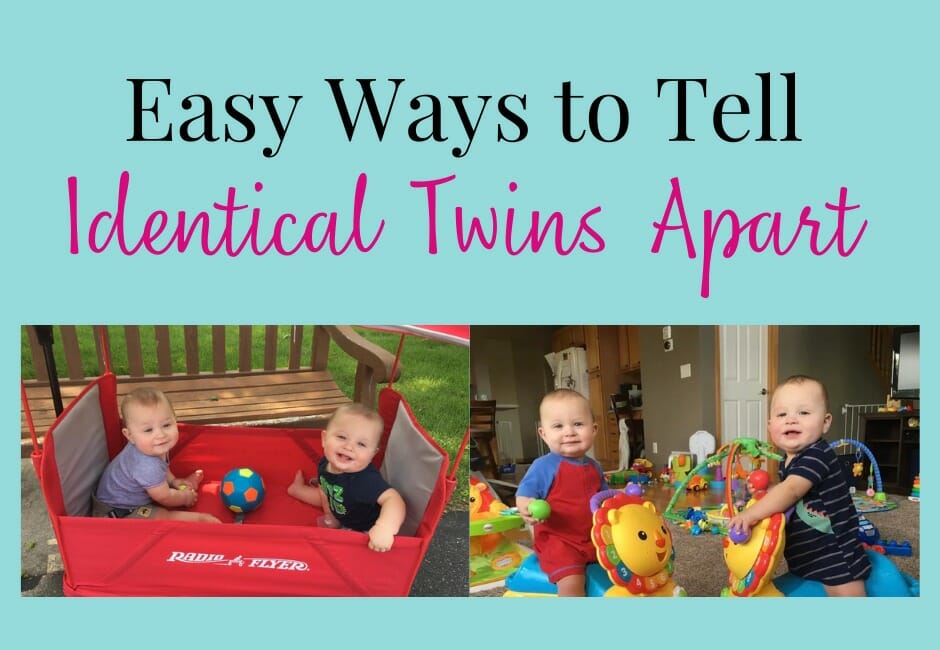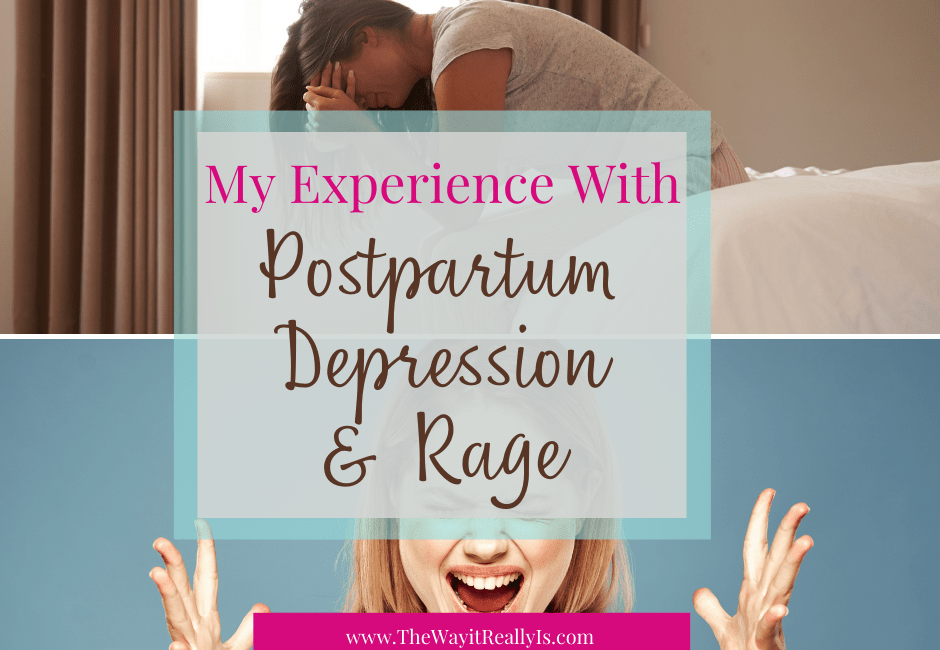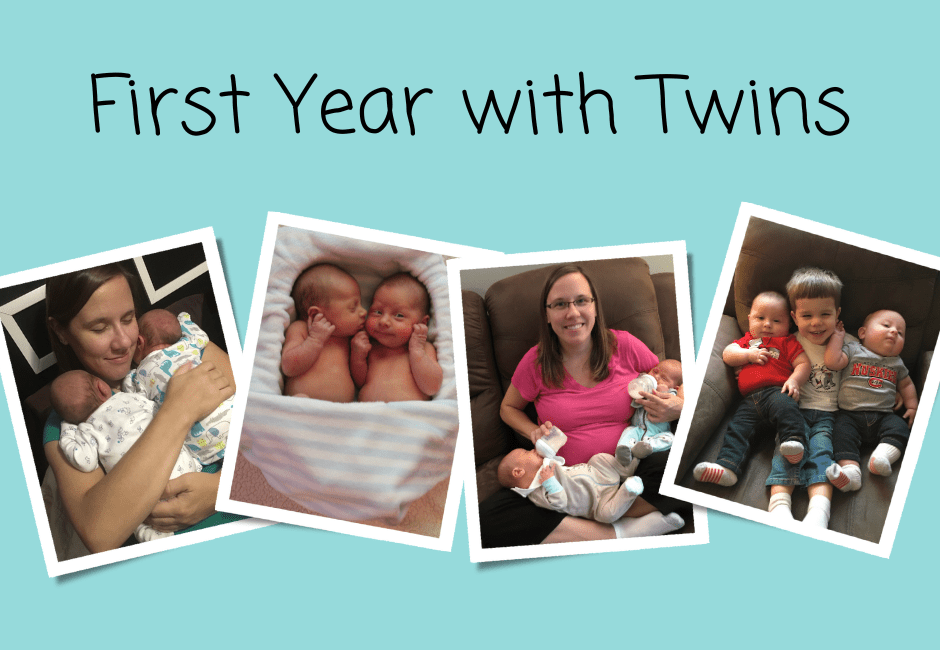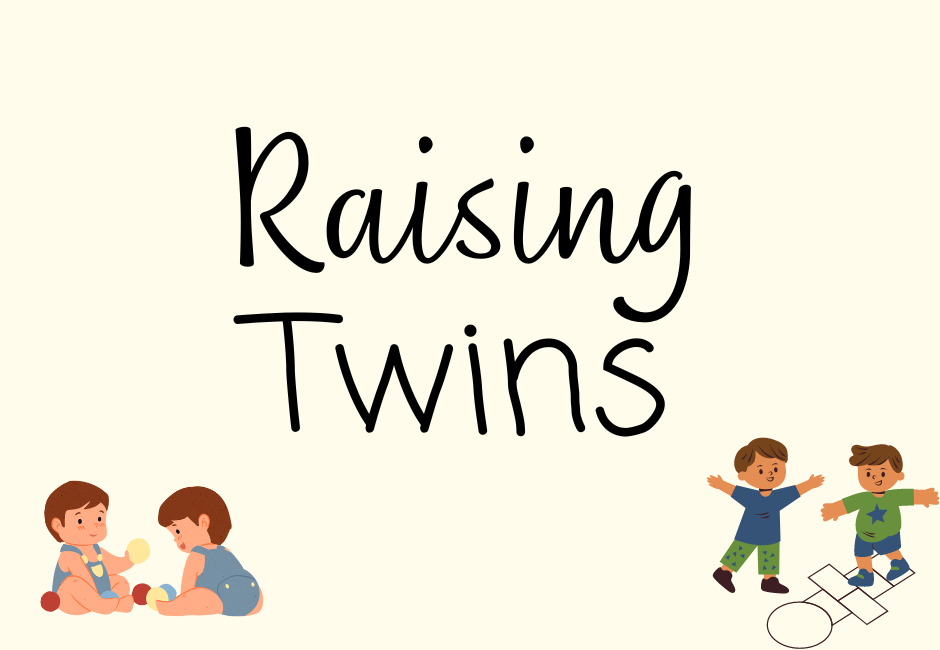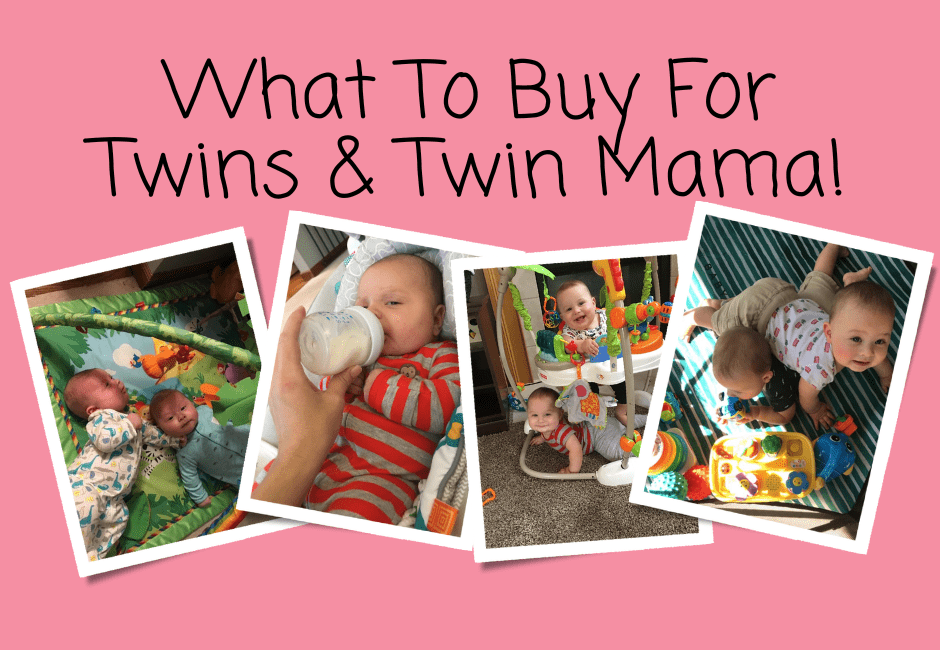Did you just find out you’re pregnant with twins and are feeling overwhelmed? I’m here to help you through it with my twin pregnancy blog from your first ultrasound where you find out you’re carrying to twins all the way through delivery. Here’s what you need to know.
Twin Pregnancy Primer
Here are some things to know about twins right off the bat, no matter the type of twin pregnancy you are in the middle of.
- There are more than two types of twins, there are fraternal twins and identical twins and beyond that there are three main types of identical twins: Dichorionic Diamniotic (DiDi) Twins, Monochorionic Diamniotic (MoDi) Twins, Monochorionic Monoamniotic (MoMo)
- Vocabulary that I didn’t know prior to being pregnant with twins: Singleton is what twin parents refer to children who are not twins / multiples. Therefore, a singleton pregnancy means a woman who is pregnant with one baby. My first pregnancy was a singleton pregnancy, my second pregnancy was a twin pregnancy.
My 3 Top Pieces of Advice for Twin Pregnancy
#1 Trust Your Mama Gut
Throughout your twin pregnancy, my biggest piece of advice is to trust your mama gut. Only YOU know how you’re feeling and how the babies are doing. Had I not trusted my mama gut, my twins and I literally wouldn’t be alive.
If you feel something is ‘off’, call your care provider nurse line or go into the hospital to get checked out.
#2 Do your own research
Yes, I know, there is a lot of misinformation on the internet BUT had I not done my own research when I was pregnant with MoDi twins, I wouldn’t have gotten the care that I needed when I needed it. Even though my OBGYN was great for my singleton pregnancy, he wasn’t aware that for my high risk twin pregnancy I needed to be referred to a maternal fetal medicine care provider or perinatal physician by the time I was 16 weeks pregnant with twins.
#3 Advocate for Yourself & Your Twins
It’s important to advocate for yourself and your twins once you’ve done your research.
Twin Pregnancy Symptoms
Twin pregnancy symptoms are often more intense than singleton pregnancy symptoms, this is due in part to the likelihood that human chorionic gonadotropin (HCG) levels are higher during twin pregnancies.
I noticed a difference between my singleton pregnancy and my twin pregnancy when it came to pregnancy symptoms as they came on much earlier in the first trimester and more intense.
First Trimester Twin Pregnancy
Within your first trimester of being pregnant with twins you’ll have the fewest amount of appointments compared to the rest of your pregnancy. This is because you likely won’t find out you’re carrying twins until your first ultrasound at 8 or 9 weeks pregnant.
There will be a steep learning curve at this point depending on how knowledgeable your healthcare provider / OBGYN is regarding high risk twin pregnancies and which type of twins you’re pregnant with. If you’re pregnant with fraternal twins you’ll have fewer appointments than if you are pregnant with identical twins who share a placenta, MoDi or MoMo twins.
Depending on if you have any preexisting conditions or were actively trying to become pregnant, you may have your first appointment at 4 weeks when you take a home pregnancy test and find out you’re pregnant, or you may wait to have your first appointment until the first ultrasound around 8 weeks.
At the first prenatal appointment they may take blood tests to check levels of human chorionic gonadotropin (HCG) and if you’re like me and have a thyroid disorder, they’ll run a blood tests to see if you need more thyroid replacement.
Second Trimester Twin Pregnancy
Within the second trimester of twin pregnancy, weeks 14-27, your twins will be doing an amazing amount of developing and growing, and you’ll grow a lot too!! If you’re anything like me, I was measuring full term for a singleton pregnancy by the time I was just 26 weeks pregnant with my twins. Babies’ growth, your weight gain, checking for twin-to-twin transfusion syndrome if your twins don’t have their own placentas, measurement of amniotic fluid, and ultrasounds will be measured and kept a close eye on throughout this time.
If you’re pregnant with fraternal twins or identical twins who have their own placentas, DiDi twins, you’ll be seen every four weeks throughout the second trimester of pregnancy.
If you’re pregnant with identical twins who share a placenta such as MoDi twins or MoMo, twins you’ll be seen by your Maternal Fetal Medicine provider (MFM) or Perinatal Physician every 2-weeks during the second trimester of your pregnancy.
Within the second trimester of your twin pregnancy you’ll learn the gender or genders of your twins. I found out at my first ultrasound with my Perinatal Physician at 14 weeks of pregnancy that my identical twins are boys!
Within the second trimester of your twin pregnancy you’ll likely be tested for gestational diabetes at least once, if not more. It is rather common for women pregnant with twins to fail the first one-hour gestational diabetes test yet pass the three-hour test. That’s what happened with me and I’ve read it happens quite often.
Having a high-risk pregnancy it’s important that you drink plenty of fluids, eat enough calories to sustain yourself and your growing twins, and listen to your body and twin babies.
Third Trimester Twin Pregnancy
The third trimester of twin pregnancy is by far the most uncomfortable but also can be the shortest, depending on what happens.
By the time you’re in your third trimester of pregnancy, it’s a good idea to start planning the logistics of your delivery and early days with your newborn twins. Be sure to have your hospital bag packed and ready to go, someone on call to care for your other children when you have your twins, if you have other children, the nursery ready, and car seats in your vehicle.
Personally, since my twins weren’t my first time, I didn’t start prepping much until I was toward the end of my second trimester and into my third. I already had one of everything from my first child and it wasn’t until they reached the point of viability, around 24 weeks, that I felt more sure that I would indeed be bringing two babies home. I have health conditions that made me surprised I was pregnant again, let alone pregnant with twins, so I was quite anxious the high risk pregnancy would go wrong somewhere along the way. I should also mention…I struggle with anxiety so that’s probably part of it.
Within your third trimester you’ll likely be seen by your specialist every week starting at 32 or 36 weeks, depending on the type of twins you’re having and any complications that may arise. I saw mine every week starting at 32 weeks for my MoDi twins.
In terms of how long your third trimester may be, it depends on the type of twins you’re having and any complications that may arise.
It’s rather common for twins to be born prematurely due to high blood pressure/ preeclampsia, a more severe form of preeclampsia that I had called HELLP syndrome, preterm labor, or the placenta deteriorate due to two babies being nourished by it.
It’s common for MoMo identical twins that the pregnant woman needs to be admitted to the hospital between weeks 24-28 with daily fetal surveillance to ensure babies are growing well and there aren’t any complications that arise as they can happen quickly.
It’s best practice for MoDi identical twins to be delivered by 37 weeks of pregnancy because after such time the placenta isn’t as efficient. My MoDi identical twins were born at 36 weeks of pregnancy due to complications of a severe form of preeclampsia called HELLP syndrome and were at good weights overall. Oddly enough, the twin that weighed almost a pound less than the other didn’t need any time in the neonatal intensive care unit (NICU) whereas the one that was bigger did need 6 days of special care.
Uncomplicated fraternal twin and DiDi identical twins can go to term of 40 weeks but it all depends on what the monitoring indicates.
Twin Birth Story
My twin birth story is a bit complicated since I developed a severe form of preeclampsia called HELLP syndrome at 36 weeks pregnant. Beyond that, I’ve also included a couple of blog posts that may come in handy for after your twins are born. For even more postpartum advice including breastfeeding, sleep, and more, check out my first year with twins blog posts page!
More All About Twins Blog Pages and Posts
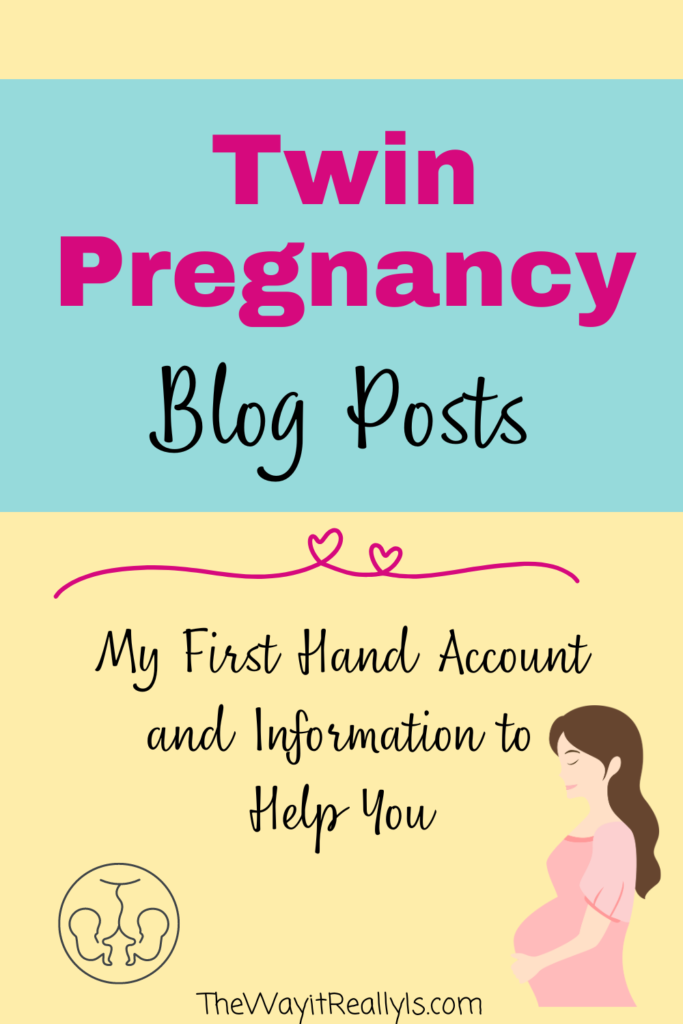
As a mom of identical twins and a son two years older, I have gained invaluable experience in the realm, and chaos, of parenting. With a Master's Degree and Education Specialist Degree in School Psychology, I spent years as a school psychologist, helping children navigate through their educational and emotional challenges. Now as a stay at home mom and professional blogger, I combine my areas of expertise to help you in your parenting journey.

